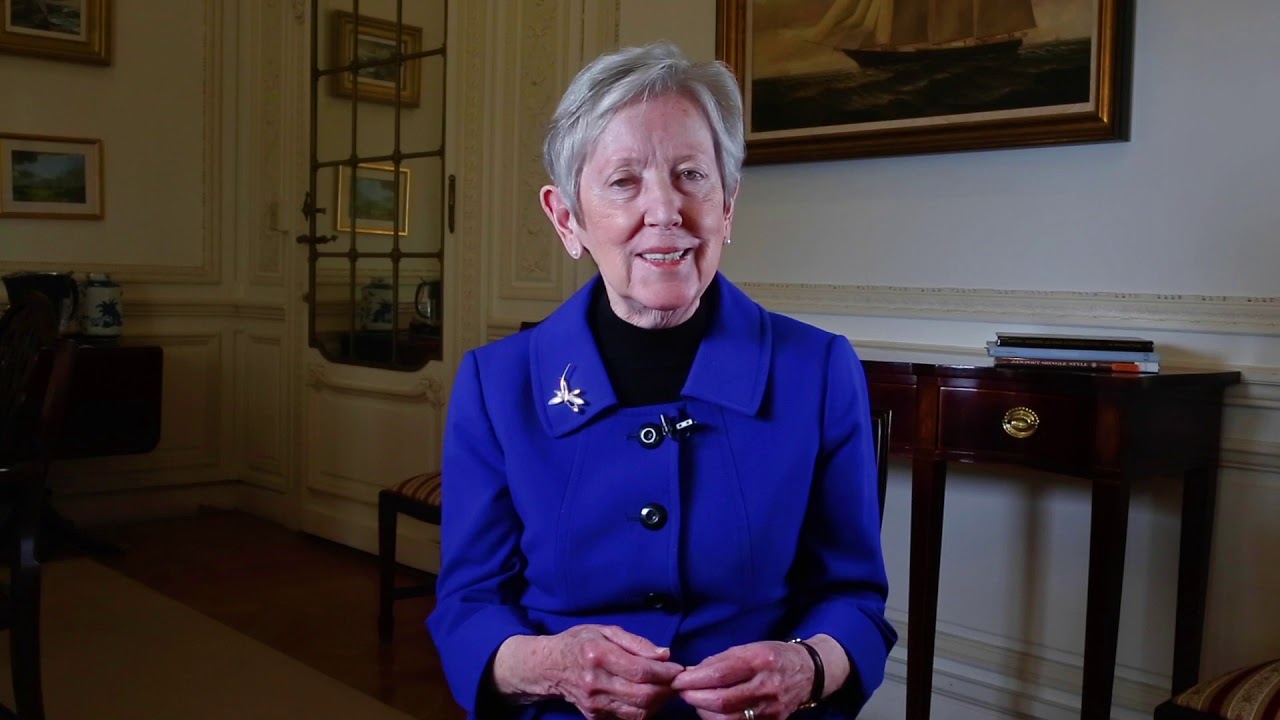Introduction to Rhode Island’s religious freedom
Rhode Island, a small state located in the New England region of the United States, holds a significant place in the history of religious freedom in America. Unlike many other colonies in the 17th century, Rhode Island was established with the primary purpose of providing a haven for religious dissenters. This article explores the background of religious freedom in colonial America, the founding of Rhode Island, its champion of religious freedom, the establishment of the Rhode Island Charter, the coexistence of diverse religious communities in the early years, religious policies in the 18th century, challenges to religious freedom, Rhode Island’s influence on the development of religious liberty in America, the legacy of religious freedom in modern-day Rhode Island, and concludes by assessing the extent of religious freedom in Rhode Island.
Background of religious freedom in colonial America
In the colonial era, religious freedom was often limited or non-existent in most American colonies. Many colonies were founded with the intention of establishing a specific religious sect as the dominant one, leading to persecution and discrimination against dissenting voices. However, there were notable exceptions to this trend, with some colonies, such as Rhode Island, providing a more favorable environment for religious freedom.
Founding of Rhode Island as a haven for religious dissenters
Rhode Island was founded in 1636 by Roger Williams, an English theologian who was banished from the Massachusetts Bay Colony due to his beliefs. Williams sought to establish a colony where individuals could freely practice their own religion without fear of persecution. Rhode Island quickly became a haven for dissenters from various religious backgrounds, including Quakers, Baptists, and Jews.
Roger Williams: Champion of religious freedom in Rhode Island
Roger Williams is widely regarded as the champion of religious freedom in Rhode Island. He believed in the separation of church and state and argued that the government should not have the power to enforce religious beliefs. Williams’ advocacy for religious freedom laid the foundation for the principles that would be enshrined in the Rhode Island Charter.
The establishment of the Rhode Island Charter
In 1663, Rhode Island received a royal charter from King Charles II of England. This charter granted the colony a significant degree of autonomy and explicitly guaranteed religious freedom. It was one of the few colonial charters that included provisions for religious liberty, setting Rhode Island apart from other colonies in terms of its commitment to religious freedom.
Guarantees of religious freedom in the Rhode Island Charter
The Rhode Island Charter explicitly guaranteed religious freedom to all inhabitants of the colony. It stated that "No person within the said colony, at any time hereafter, shall be anywise molested, punished, disquieted, or called in question for any differences in opinion in matters of religion." This provision was groundbreaking at the time and reflected the progressive ideals that Rhode Island was founded upon.
Early years: Coexistence of diverse religious communities
In the early years of Rhode Island, there was a remarkable coexistence of diverse religious communities. Quakers, Baptists, Anglicans, and various other religious groups lived side by side, practicing their faith without interference. The colony’s commitment to religious freedom allowed for a flourishing of different religious traditions and fostered an atmosphere of tolerance and acceptance.
Rhode Island’s religious policies in the 18th century
In the 18th century, Rhode Island continued to uphold its commitment to religious freedom. The state government played a limited role in regulating religion, allowing communities to govern themselves according to their own beliefs. This hands-off approach to religious matters contributed to the continued diversity and religious freedom experienced in Rhode Island during this period.
Religious tensions and challenges to religious freedom
Despite its commitment to religious freedom, Rhode Island was not entirely immune to religious tensions and challenges. The influx of new religious groups, such as the Huguenots and Catholics, led to some conflicts and instances of discrimination. Additionally, there were occasional attempts by certain groups to assert their dominance and restrict the religious practices of others. These challenges, while not undermining the overall commitment to religious freedom, served as reminders that the struggle for religious liberty always requires vigilance.
Rhode Island’s influence on the development of religious liberty in America
Rhode Island’s commitment to religious freedom had a significant influence on the development of religious liberty in America. The principles articulated by Roger Williams and enshrined in the Rhode Island Charter served as an inspiration for the First Amendment of the United States Constitution, which guarantees religious freedom at the national level. Rhode Island’s legacy as a haven for religious dissenters and its continued protection of religious freedom have shaped the broader understanding and practice of religious liberty in America.
Legacy of religious freedom in modern-day Rhode Island
Religious freedom remains a fundamental value in modern-day Rhode Island. The state is home to a diverse array of religious communities, and the government continues to uphold the principles of religious liberty. Rhode Island’s commitment to religious freedom is reflected in its laws and policies that protect the rights of individuals to practice their religion free from interference or persecution.
Conclusion: Assessing the extent of religious freedom in Rhode Island
Rhode Island has played a crucial role in the history of religious freedom in America. Its founding as a haven for religious dissenters, the establishment of the Rhode Island Charter with its guarantees of religious freedom, the coexistence of diverse religious communities, and the state’s continued commitment to religious liberty have all contributed to the extent of religious freedom in Rhode Island. While challenges and tensions have emerged over the centuries, religious freedom remains a core value that is protected and respected in the state.





